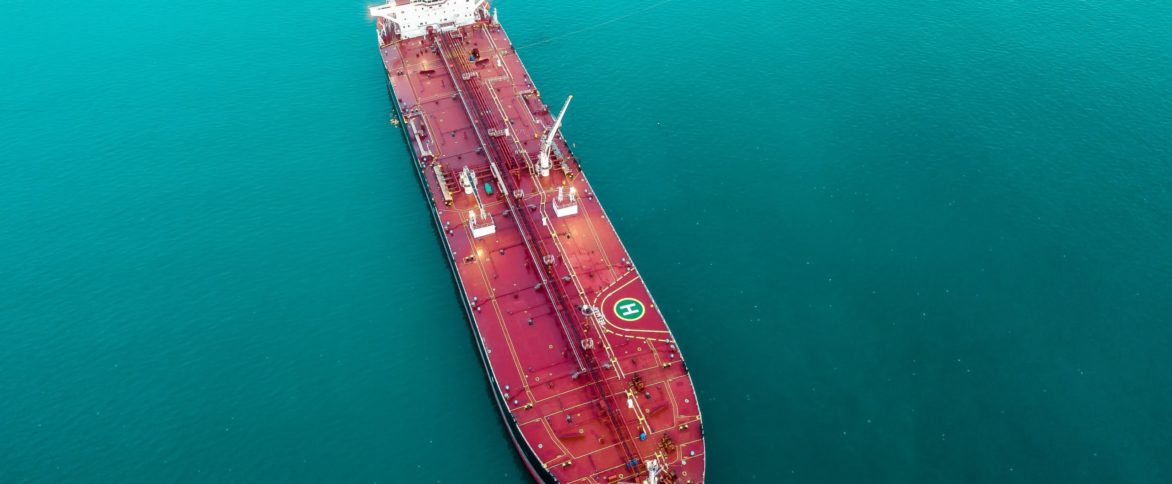The questions you need to ask about your supply chain finance
Søren Høll, CEO, KPI OceanConnect, on lessons learned from the collapse of Greensill Capital.
Greensill Capital launched with an ambition to make access to supply chain finance easier, fairer, and cheaper. But as it files for insolvency a decade later, its business model has instead left its clients scrambling to find new sources of finance to fund their operations.
Two of the biggest container lines are reported by The Australian newspaper to be Greensill clients, one of its insurers is Tokio Marine, and there has been chatter in the market that other shipping companies may be involved. A month after Greensill’s collapse, it is not yet clear what the full extent of the fallout will be, but it’s good reminder of several important credit lessons.
The service that Greensill provided essentially involves exchanging customer IOUs for immediate, discounted cash. It’s a service that’s reasonably common in shipping as ‘pledging invoices,’ and best known for the role it played in the financial turmoil experienced by counterparties following the demise of OW Bunker.
After the collapse of the OW Group bunker buyers faced claims from physical suppliers who hadn’t been paid, the 29 OW bankruptcy estates, and the banks to which OW had pledged its invoices. The litigation lasted for many years, and the costs for those involved often became painfully high.
Inquiry creates insights
If those companies had known then what they now understand about OW’s business model, would they have still bought bunkers from it? Or, more pertinently right now, what questions should they be asking to ensure that they’re protected from the next Greensill or OW?
Due diligence is one of the most effective forms of defence against counterparts’ risky and opaque financing schemes. Questions have the power to inspire, illuminate, and stimulate. Effective enquiries bring both confidence and comfort and a reputable counterpart, will be able to guide you through the whole process.
Supply chain finance isn’t one size fits all. What works well for one company might not be as beneficial to another, and it’s important to work with experts you trust to ensure you find tailored credit solutions that suit your specific needs. The questions you ask will play an important role in determining how secure and rewarding your business will turn out.
Time For transparency
“Does the counterparty pledge its invoices?” is one of the eight questions that BIMCO recommended in the aftermath of OW for marine fuel buyers to ask before entering into a bunker supply contract.
The others are equally sensible: Who are you dealing with and who is the legal entity? What terms and conditions will you enter into? Does the counterparty have credit insurance? Is the counterparty covered for product liability and have professional indemnity? Does the counterparty have a compliance programme? And, is the counterparty financially strong?
If you can confidently answer those questions you’ll substantially improve your risk management. The result of undertaking a proper due diligence process is more efficient, consistent operations, a healthier bottom line, and the ability to better avoid preventable challenges. In my experience at KPI OceanConnect it’s also likely to enhance the level of trust in your company and create engaged employees who are invested in better client outcomes and in the business for the long run.
There are going to be huge challenges in the years and decades ahead for the marine fuel supply chain, but counterparty risks needn’t be one of them. Time invested in fully assessing what would and wouldn’t work for your business model and what the true nature of the counterparties in your supply chain are will be reimbursed many times over.
Disclaimer: Article original published by Splash 247 on April 27, 2021.
